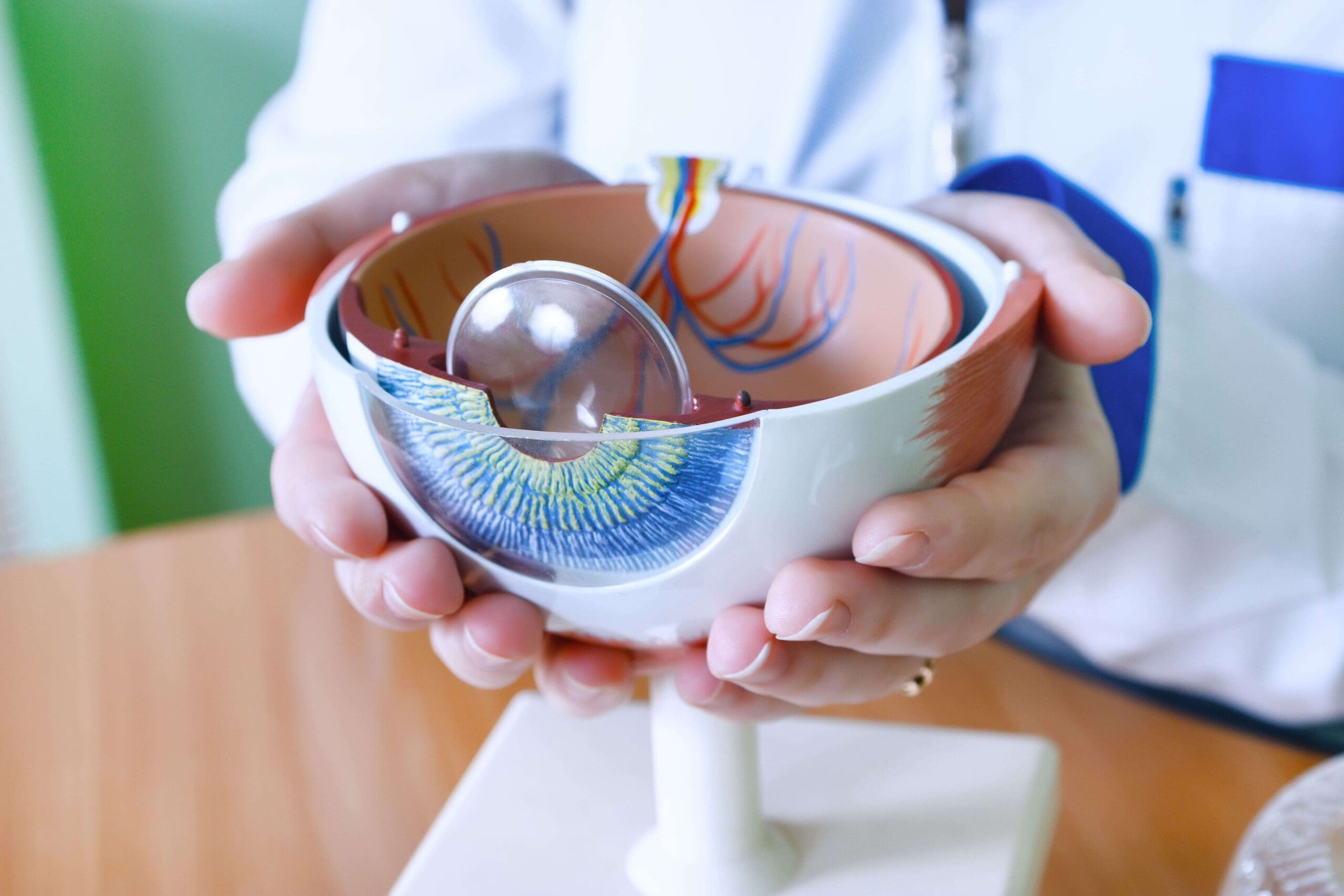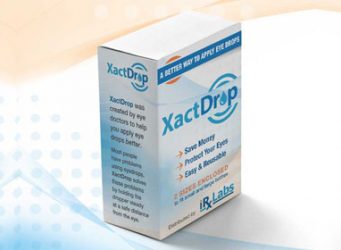Dr. Alexander M. Eaton, director of Retina Health Center, presented at the 12th Annual Euretina Congress in Milan on Sept. 7, sharing his initial research of clinical use of newly developed device designed to improve the comfort and safety of patients undergoing intravitreal injections. More than 3,800 retinal health professionals from more than 100 countries attended the conference.
The device was developed by Eaton in collaboration with Dr. Hussein Wafapoor of Retina Health Center, Dr. Robert Avery of California Retina Consultants, and former Alcon employees Dave Booth and Dyson Hickingbotham.
Retina Health Center recently began clinical trials to evaluate if the device is faster and/or more comfortable than existing techniques that use a lid speculum. The device incorporates a small gauge needle covered by a thin protective sleeve designed to protect the needle from contamination risks before and during the injection such as aerosolized saliva droplets from speech or breathing, as well as from the eyelashes or other external contaminants.
As a result of the protection afforded by the sleeve, the study is comparing injections using the device to without a lid speculum to a standard needle with a lid speculum. In vitro work suggests this new device may help to reduce the risk of infection from saliva and other environmental contaminants, while allowing physicians to communicate freely with patients during IVI without the need for a mask.
“We were encouraged to receive positive feedback on the device from our colleagues at Euretina Congress on the benefits for clinicians as well as for patients. For patients with wet age related macular degeneration, retinal vascular occlusions, and diabetic retinopathy who undergo injections up to every four weeks, this device should help to reduce the burden both in terms of patient comfort, as well as to reduce the length of time for the injections,” said Eaton. “Experimental evidence also suggests it may help to reduce the risk of needle contamination and ultimately intraocular infections.”
The number of intravitreal injections (IVIs) has increased considerably over the last few years and is expected to continue to increase in the foreseeable future. The most serious complication of IVIs is endophthalmitis, with incidences of infection rates being reported between 0.02 percent and 0.87 percent. While the incidence of endophthalmitis following IVIs is low, the outcome tends to be poor.
This is the first of a number of products being developed by I-Tech JV Development Company which address issues with intravitreal injections to reach clinical trial. By combining a team of retinal thought leaders and experienced device designers, the I-Tech JV Development Company is able to rapidly assess and develop products to meet evolving retina needs.
For more information on the latest studies or to make an appointment, call 239-337-3337 in Fort Myers or 239-793-5200 in Naples.










